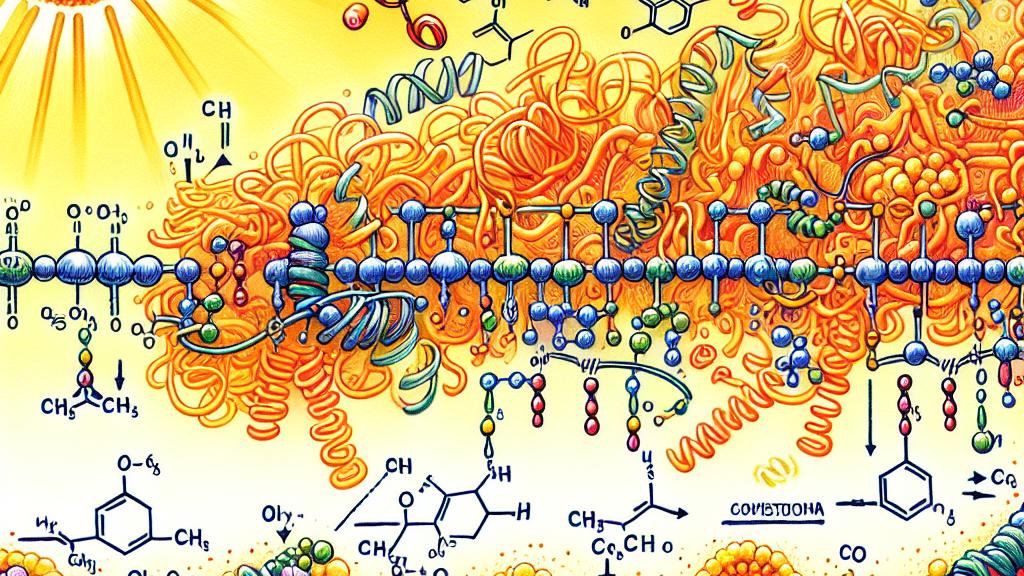Understanding How Our Body Makes Fat: The Role of Fatty Acid Synthase
Overview
- Uncover the vital role of fatty acid synthase (FASN) in fat production.
- Explore how FASN contributes to health issues, such as various cancers.
- Discover promising therapies targeting FASN and their implications for cancer treatment.

Understanding Fatty Acid Synthase
Fatty acid synthase, or FASN, is a fascinating enzyme that acts like a skilled chef in our bodies, synthesizing fats that are crucial for energy and cellular structure. This multi-functional enzyme combines smaller molecules, specifically acetyl-CoA and malonyl-CoA, to create palmitate—a key saturated fat. Think of FASN as a complex assembly line, where the ingredients pass through different stations. Each step smoothly transforms them into a necessary product, ensuring our body functions optimally. Not only does this process support our energy needs, but it also plays a vital role in hormone production and nutrient absorption, making FASN indispensable for our overall health!
The Link Between FASN and Disease
However, FASN's story takes a critical turn when we examine its association with health concerns, particularly cancer. Research reveals a troubling connection: when FASN is overactive, it can fuel the growth of tumors, especially in aggressive forms of prostate cancer. For instance, studies have shown that elevated FASN levels allow cancer cells to resist apoptosis, the natural process where unhealthy cells self-destruct. Picture this: without FASN's regulation, these cancerous cells thrive and multiply unchecked. One fascinating study illustrated this phenomenon by showing that the inhibition of FASN led to significantly reduced tumor size in laboratory models, highlighting its potential as a target in cancer therapies. Thus, while FASN is essential for creating fat, it can also be a double-edged sword in the fight against cancer.
Innovative Therapies Targeting FASN
The silver lining in all of this? By understanding how FASN works, scientists are uncovering groundbreaking treatment strategies for cancer. Targeting this enzyme with inhibitors can be likened to cutting off the power supply to a city—without energy, everything grinds to a halt! Research indicates that these inhibitors can effectively starve tumors of the fats they rely on, thereby slowing their progression. For instance, an emerging therapy has demonstrated that patients with high FASN expression may benefit from treatments designed to block this enzyme, leading to improved outcomes. As we continue to explore the potential of FASN in cancer treatment, it may very well transform how we approach not only cancer care but also our understanding of metabolic pathways in human health.

Loading...